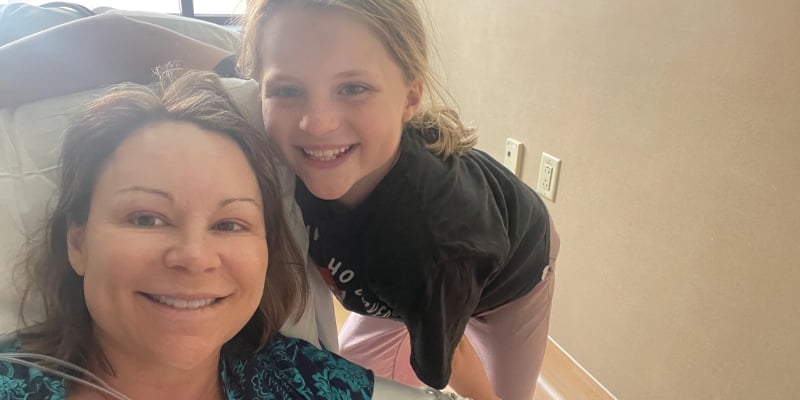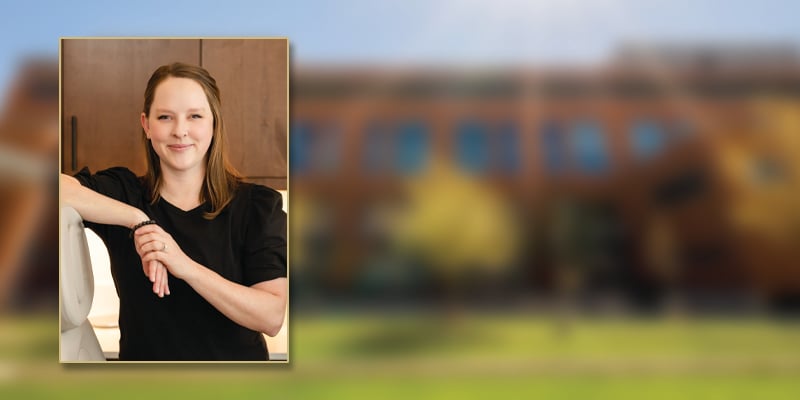Alumnus author of "The America that I Didn't Know Existed: Immigrant Experience in American Education."
- Tell me about what drew you nursing. What was your inspiration?
Elements of philanthropy, humanism, and willingness to improve the human condition by helping others drew me to study nursing. Beyond that, I also had wanted to gain a better clinical understanding of etiology, epidemiology, pharmacology, group dynamics, caring science, aging, and the disease process itself. Granted that not only will I be able to assist others through the evidence-based clinical application of these diverse forms of didactic and clinical knowledge, I stand to gain personally in terms of enhanced understanding and appreciation of my own body physiology and psychology. Finally, not many immediately realize or appreciate how applied mathematics, management science/operations research/industrial engineering, and software engineering underpin the entire nursing process and clinical procedures. The manufacture and operational use of thermometers, sphygmomanometers, and heart rate monitors, to mention but three, in clinical settings are the products of manufacturing science/operations research, applied mathematics, and software engineering. Given my prior academic and professional education in the fields of applied mathematics and operations research, I wanted to see and if possible experience firsthand the practicality of how easily transferable even passable knowledge of these varied fields is to the challenging field of nursing education and the nature of the latter’s underlying clinical practice. - What was your time like at CU?
My time at CU was very productive in terms of my exposure to an enlightened, enabling environment of excellent race and human relations, learning and mentoring opportunities, and clinical socialization with faculty and students alike. The rigor of didactic/clinical instruction only enriched the scope of my educational experience, in that it forcefully fostered a progressive typology of nursing and clinical pedagogy where inculcation of intellectual independence in students and optimal operationalization of group dynamics in executing tasks merged in a way that ultimately gave epistemic voice to the normalization of patient- and family-centered caring science, one of the powerful memories I can’t seem to minimize. Plus, everybody from professors to students to non-faculty staff was nice and accommodating and ready to help those in need whenever appropriate. I made friends that I still communicate with today. I also still communicate with faculty members. Finally, the rigor of the program is such that students are fully equipped with all the requisite tools they might need to succeed in clinical practice and to make important contributions both to patient care and improved patient outcomes and their professional development. - You recently wrote the book, "The America that I Didn't Know Existed: Immigrant Experience in American Education." Tell us about it.
The American Dream is empty rhetoric, an illusion. This is the case because America is not a level playing field for self-actualization and that, contrary to what people are made to believe, white privilege, racial discrimination, employment and educational discrimination, racism and implicit bias, sexism and gender politics, the stress of Black life, and several other factors militate against the positive forces of self-actualization. The fact that honesty, studiousness, hard work, deferred gratification, and good citizenship sometimes don't pay in America, a country where the central issue of the American curriculum, purposefully designed to glorify and promote the interests of whiteness while banishing non-Whites to the dustbin of otherism, constitute the narrative bulk of the complex social, political, and moral issues. This book discusses in the broader context of how these issues have impacted my own experiences in America, particularly of how they have conspired to frustrate my attempts to make it in America at every turn. The book makes a case for inclusion. - Let us know anything else you would like to share.
I am an avid reader and prolific writer, having written more than 500 articles for two international websites. I enjoy listening to all the world's major music forms and genres, reading science fiction (and world literature), playing soccer, cooking, and watching movies. I enjoy listening to WBAI (99.5FM NYC) and watching "Democracy Now," the latter hosted by Amy Goodman, Nermeen Shaikh, and Juan Gonzalez. Lastly, Molefi Kete Asante, Noam Chomsky, Ama Mazama, Nobel laureates Wole Soyinka and Toni Morrison, and Cheikh Anta Diop are my greatest intellectual heroes and heroines.
Contributing writer Francis Kwarteng BSN, BSc. Mathematics, MSc Engineering, Advanced Level Certificate in Education (science), Specialist Certificate in Computerized Accounting.
The views expressed here are his own and not necessarily those of the University of Colorado Anschutz Medical Campus.


